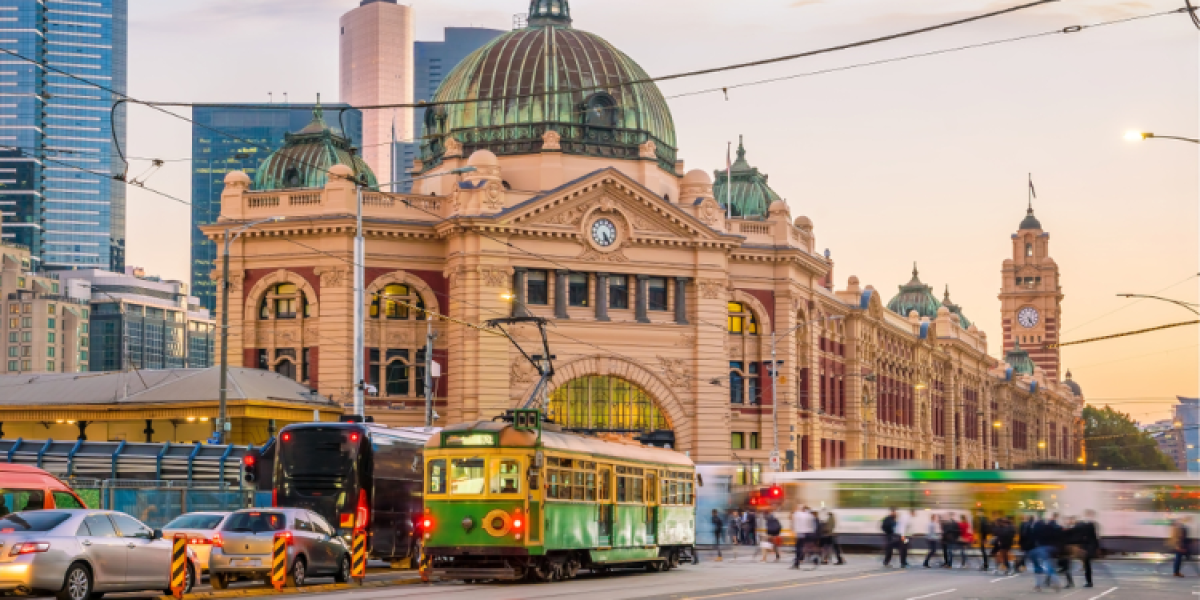
It's official! Australia will not reopen its international borders before mid-2022. This decision, obviously, breaks the hopes of thousands of expats who had travel plans or were hoping to reunite with their families. Hence, many of them are packing their suitcases while some have already left.
While thousands of Australian nationals are currently stranded in India due to the closure of Australian borders, expats in Australia are kept in limbo. The government recently announced that the borders would remain closed until at least mid-2022. "It's been over a year since I last saw my parents, and now that it's clear that the borders won't be reopening anytime soon, I have no way of bringing them here. And if I go to visit them, I'm not sure I'll be able to return to Australia,” says Camille, a young Swiss expat. It has been three years since she moved to Australia with her partner and one year since her son was born. "It's really hard because I couldn't have my mom's support when I needed it the most, and she can't even see her grandson grow up".
Camille is a member of a Facebook group on which many expatriates in Australia are sharing their experiences. But Carole's testimony, a US expat, is even more heartbreaking. “We came here 28 years ago. My children all grew up here, and we have spent a large part of our lives there. My partner had always believed that life is better in Australia, but now that all of our children have grown up, they have all and gone. They have their own families now, but we've been left alone, with no family except for a couple of friends”. Carole has been missing her family for so long and has a strong desire to reconnect with them.
Lilly, a young British expat, is considering returning home too. “I've had enough of these lockdowns. I do have a lot of friends here, but I really miss my family. As the borders will be closed until June 2022, they won't even be able to visit, so I think I should go back,” she says, considering that life is slowly getting back to normal in the UK.
Still, the government recently announced that Sponsored Temporary Parent Visa holders left unused due to COVID-19 travel restrictions will be extended by 18 months. But what explains this approach, and why do expats no longer want to stay in Australia?
Australia chose to keep its borders closed to Australians stranded in India, where COVID-19 cases keep rising every day. There are currently 9,000 stranded expats, including 900, who are in a particularly delicate situation. But, the government has committed to look into the matter as soon as possible.
What's changing this year for expats
The national budget, which was presented last week, came up with a lot of changes regarding immigration in Australia. For many years, Australia has been a favourite expat destination, especially for work and studies. But over the past year, the country has only reopened its borders to the most critical profiles, that is, foreign professionals working in essential sectors, based on its skills shortage list. So Australia will only be welcoming 160,000 arrivals for the year 2021-2022. From 2023-2024, the quota will be raised gradually to around 201,000. With these measures, the government of Australia mainly aims at containing the pandemic while allowing the economy to reboot.
Skilled visa applications, which make up almost half of the number of applications, will be prioritised for now. This category includes Employer Sponsored visas, the Business Innovation and Investor Program and the Global Talent Visa. Regarding the family visa, the quota remains at 77,300 for 2021-2022, so there is no change compared to the previous year.
However, the national budget brought up another issue. Immigrants who are supposed to be naturalised in January 2022 will have to wait four more years before being entitled to public welfare. According to the Australian government, this measure is essentially aimed at cutting costs by at least $ 617 billion over the next five years. Some 13,000 individuals and around 45,000 expat families are concerned.
What about international students?
In February 2021, only 200 international students travelled to Australia to pursue their studies compared to 121,120 during the same period last year, according to figures from the Central Bureau of Statistics of Australia. However, new applications are being processed again in the second quarter of 2020 despite the significant drop in the demand. In fact, many stranded international students had to pursue their studies remotely for the past year.
Still, there's good news for international students who are already in Australia! They are now allowed to work for more than 40 hours in hospitality and tourism, agriculture, healthcare and in are elderly care. This should help boost these sectors as the unemployment rate continues to climb in the various Australian states.



















